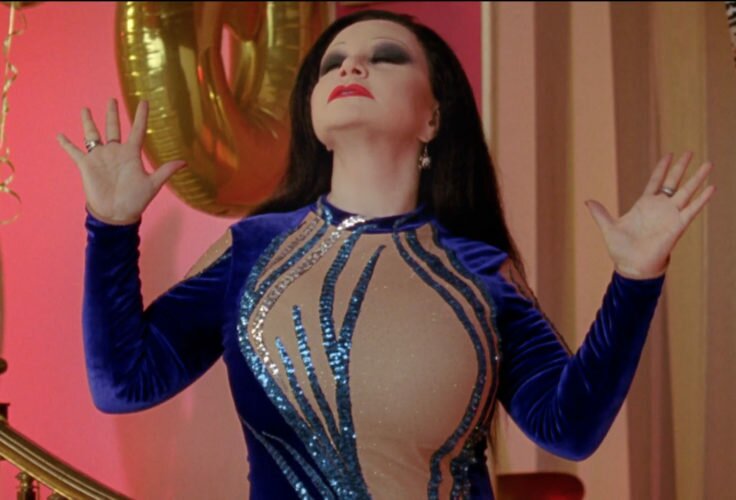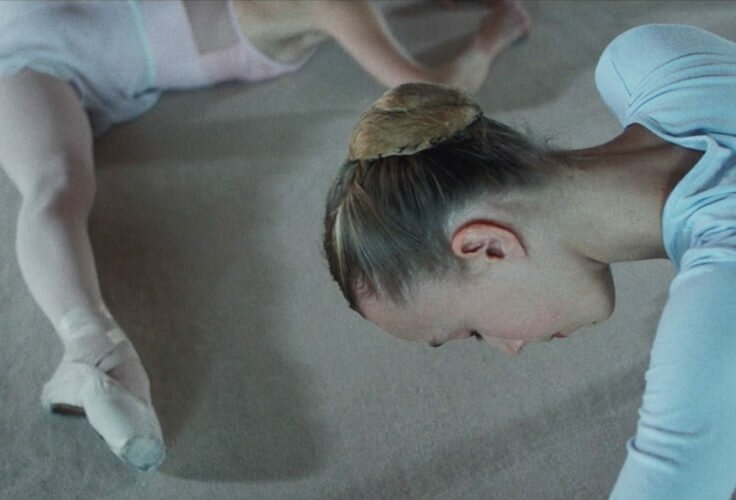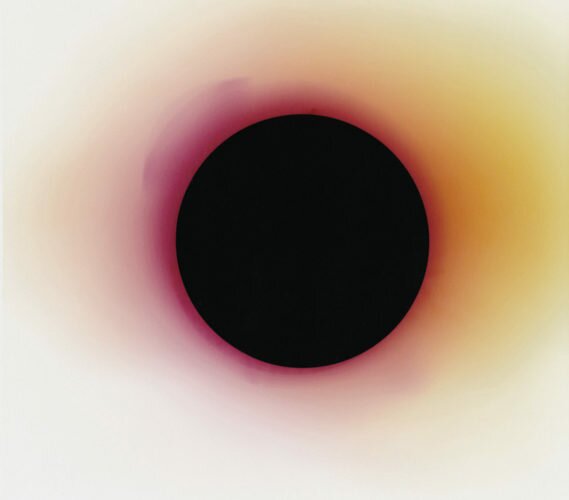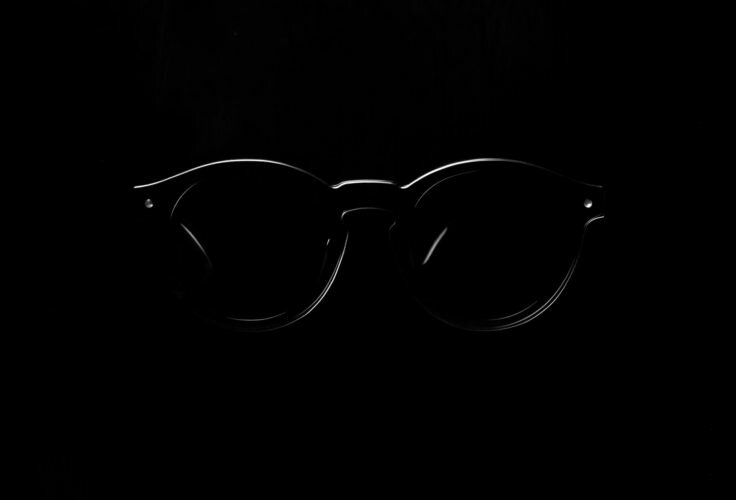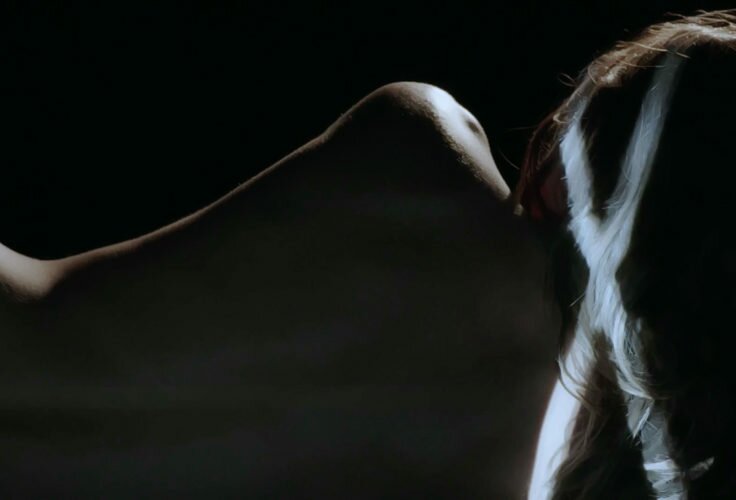Drake ha hecho un videoclip sobre recibir un tartazo en la cara, Child’s Play. Tyra Banks es la lanzadora. Y Ben Tuthill el testigo.
LANA vs.
When I was in college, I had my head blown open by the Luis Buñuel movie That Obscure Object of Desire. It’s a relatively straightforward romantic thriller, except that Conchita, the ‘obscure object’ in question, is played by two actresses. The idea that women couldn’t be adequately reduced to roles portrayed by a single actress shattered the limits of my 20-year-old imagination. Buñuel’s casting forces an obvious truth to the cinematographic surface, converting an entity usually reduced to a defined object into something infinitely deeper. I remember talking to a classmate at a party about it. She looked at me and shook her head. “Haven’t you ever been someone’s obscure object of desire?” she said. “You have. It fucking ‘hurts’”.
If there’s anyone who understands the pain of being someone’s obscure object of desire, it’s Lizzy Grant, the performer known to most of the world as Lana Del Rey. We don’t need to engage in the perennial activity of recounting Lana’s early career critical controversies; we’ve established by now that a majority of the outrage focused on the challenges that she’s presented to her own persona. “Lana” was so obviously contrived that we “had” to look into Lizzy’s background, and when her very-not-Lana background was exposed the ensuing conflict became the cornerstone of her public persona. She sings about getting sent to Rikers, but she’s awkward and quiet in interviews. She’s a 21st-century woman from progressive New York, but she sings about watching bros play video games. Her name is Lizzy, but she calls herself “Lana”. Who the heck “is” this girl? Unsurprisingly, it brought unprecedented frustration to a critical industry founded on the fetishistic reductions of female pop stars. The reviews of Born To Die-era Lana are comedically apoplectic: she’s maybe the first person whose “authenticity” was challenged on the basis of her complexity.
Look how far we’ve come as a society. Honeymoon is just as weird, just as anti-feminist, just as “inauthentic” as Born To Die, but no one could care less. We’ve accepted Lana for what she is: awkward, performative and not into any normal form of fighting the patriarchy. No one’s mad anymore; no one’s even particularly confused. We live in a world where Kim Kardashian has been more or less accepted as a viable artistic presence based solely on the glory of her existence. Part of me wants to give Lana some credit for getting us there.



It doesn’t take a great semiotician to read Honeymoon as the consummation of Lana’s and the critics’ love. Anyone can read it’s opening line (‘we both know / that it’s not fashionable to love me’) and it’s closing line (‘don’t let me be misunderstood’) as meta-references to our critical relationship. It’s just as easy to read Jake Nava’s video for her most recent single, High By The Beach as a metaphor for Lana’s reciprocation: she turns a missile launcher on an invasive paparazzi helicopter, but does nothing to shake off the steady-cam that obsessively watches her do it. Lana on her honeymoon is actively subjective but hopelessly objectified. She holds onto herself as a dangerous entity, but in the end she’s comfortably settled into her role as an everyday American spectacle.
It’s maybe the worst honeymoon of all time, but what’s a good honeymoon? Joe Berkowitz recently wrote in the latest installment of his brilliant relationship essay series for The Awl: ‘An actual honeymoon is just an echo of the initial infatuation, with an all-inclusive resort tacked on. By the time most couples get there, they already know each other so well that any surprises count as full-blown betrayal’. I’ve never been on a honeymoon; I can’t attest to the veracity of Berkowitz’s assessment. But if Honeymoon is our honeymoon with Lana, I can’t think of a better way to describe it. The mystery is gone. There’s just not very much to say anymore. What is acceptance other than getting bored of someone’s schtick?
I don’t mean this negatively. Lana’s project has always been, at its heart, her own self-assertion. This is what I am, this is what I’m always going to be (“if you don’t get it, then forget it / so I don’t have to fucking ex-pa-lain it”). For the first few years of her mainstream career, all we could do was toss up our hands and vomit ink. What is she trying to get at? Who is she trying to be? What the heck is this girl “doing”?
It was never a hard question. There was never a higher purpose, never a complex narrative. Lizzy Grant-who-is-Lana Del Rey has only ever been Lizzy Grant-who-is-Lana Del Rey. She’s a young woman, just as inauthentic as any of us, who threw herself into the bloodfield of American pop-culture journalism and let us tear her to critical shreds. Four years later she’s still here, a bit less obscure but no less complex. There’s not much to say about her anymore. And I think that means she won.


